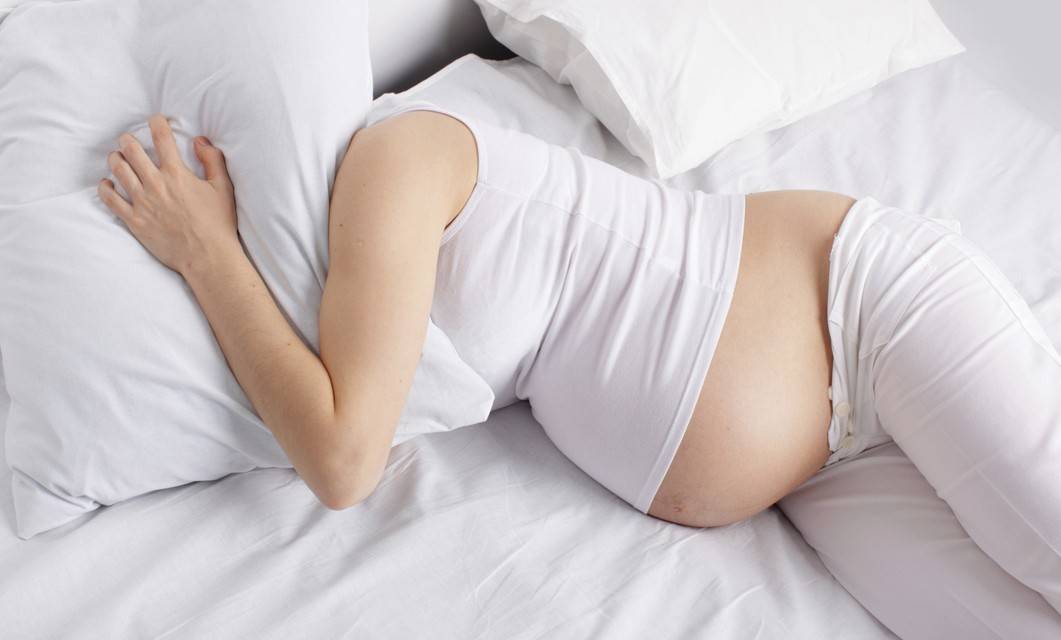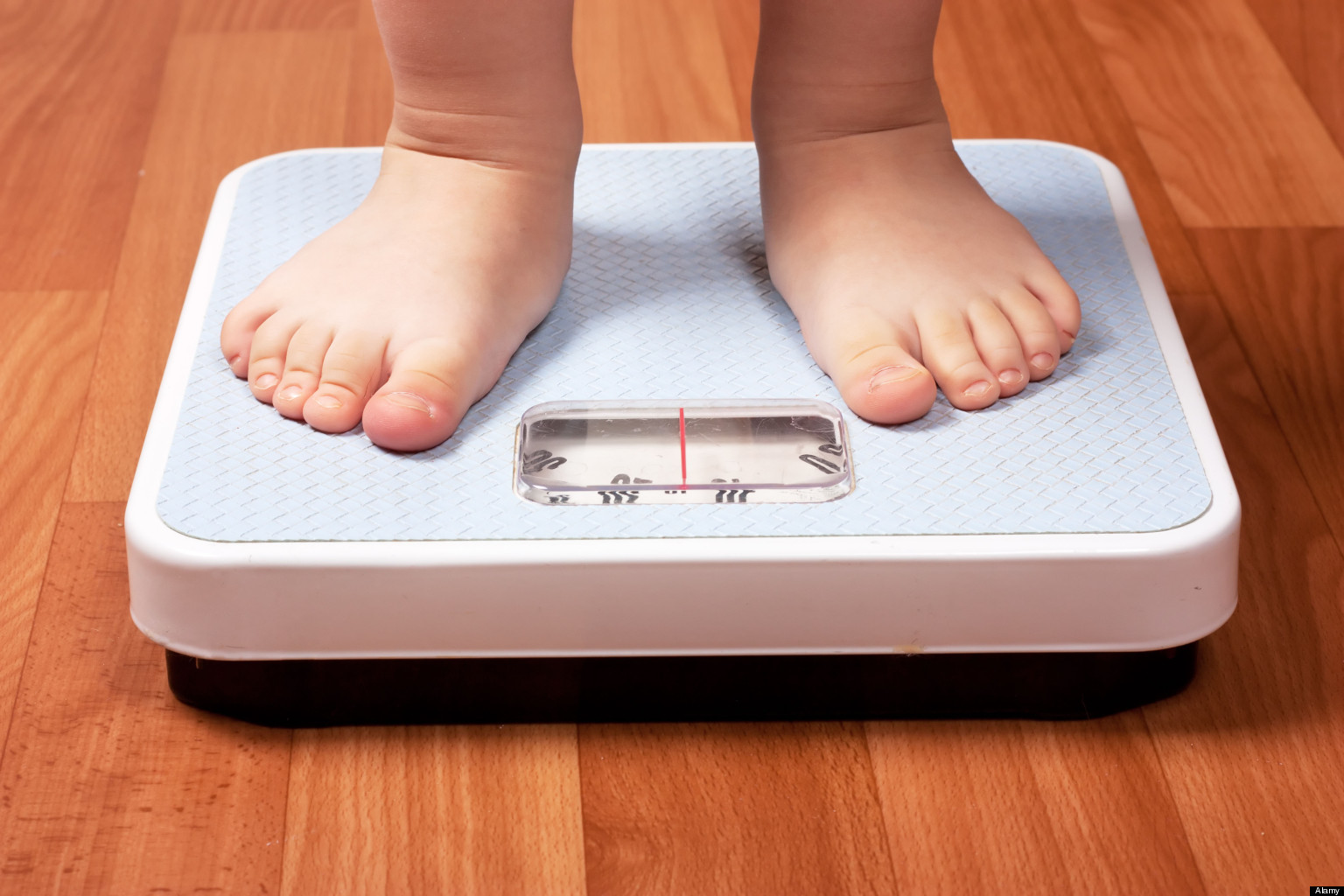Contents:
- Medical Video: Can Sleeping Too Much OR Too Little During Pregnancy Prompt Weight Gain?
- Changes in sleep patterns during pregnancy
- Sleep patterns during the first trimester of pregnancy
- Pattern of sleep during the second trimester of pregnancy
- Sleep patterns during the third trimester of pregnancy
- Long sleep during pregnancy is recommended
- How to overcome sleep difficulties for pregnant women?
Medical Video: Can Sleeping Too Much OR Too Little During Pregnancy Prompt Weight Gain?
Pregnancy brings many changes to the lives of most prospective mothers. Likewise with the sleeping pattern of the mother. In the first trimester for example, the mother will be very easily drowsy, especially during the day. But is sleep too long during pregnancy allowed?
Changes in sleep patterns during pregnancy
Pregnancy is a tiring experience for most mothers. The combination of discomfort, overflowing emotions and a feeling of fatigue (especially in the first and third trimesters) causes mothers to have difficulty sleeping at night.
Sleep patterns during the first trimester of pregnancy
The hormone progesterone is a hormone that helps in regulating women's reproductive flow. The high levels of the hormone progesterone in the mother's body at the beginning of pregnancy causes the mother to be very easily drowsy and constantly evaporates, especially during the daytime. This flow of hormones can make a mother feel that a normal day feels like you are going through a marathon and the same feeling of fatigue that you will feel when you are exposed to the flu.
Strangely, this hormone also disrupts your sleep at night, so you will feel very exhausted again the next afternoon. The hormone progesterone triggers the urinary tract to work more slowly so it increases the quantity of urine production and causes you to go back and forth to the bathroom at night and reduce the quality of your sleep at night. In some pregnant women who have experienced weight gain.
Pattern of sleep during the second trimester of pregnancy
In the second trimester, mothers will experience several other conditions that interfere with sleep, including restless leg syndrome and heartburn.
In some mothers, especially those who experience a lack of iron and anemia in their body, in the second trimester starting from the afternoon to the night during sleep will experience restless leg syndrome which usually occurs when the mother is sitting and lying down. This condition makes the mother feel very uncomfortable and will get worse during the third trimester.
Unfortunately, the steps taken to overcome this condition are to take a short walk around the residence, but often when the mother has woken up in the middle of the night, she will not be able to sleep again until eventually the quality of the night's sleep decreases.
Heartburn occurs due to the development of the mother's uterus which causes the mother's stomach to become depressed and gives a burning sensation. This condition also causes the mother to wake up in the middle of the night and ultimately reduce the quality of the mother's sleep.
Sleep patterns during the third trimester of pregnancy
In the third trimester the growing fetus will increase the size of the uterus. This condition may cause the mother more difficult to find a comfortable position to sleep.
The National Sleep Foundation recommends that sleeping to the left will help blood flow to the mother's body and facilitate the flow of nutrients to the fetus's growth and development to the mother's heart, uterus and kidney.
Long sleep during pregnancy is recommended
With the change in maternal sleep patterns due to various factors described above, a study conducted by Lee The train to 131 pregnant women in the 9th month of pregnancy revealed that mothers who often experience disruption to sleep at night had a greater chance (5.2 times ) Will give birth by caesarean section compared to mothers who have quality sleep at night less than 6 hours (4.5 times).
In addition, the lack of quality of mother's sleep time can also cause mothers to experience mood disorders, depression, feeling weak, lack of concentration and will affect the quantity and quality of hormone production needed by the fetus to develop.
In other words, pregnant women are very need a long sleep because often experience a lot of interference during the nighttime sleep.
How to overcome sleep difficulties for pregnant women?
Instead of taking pills that will be able to make it easier to sleep, mothers are more advised to consult a doctor if difficulty sleeping at night begins to feel disturbing. Napping at 2 to 4, once steal naps for only about 30 minutes and physical activity in the morning and evening are also expected to help reduce maternal insomnia during pregnancy.












